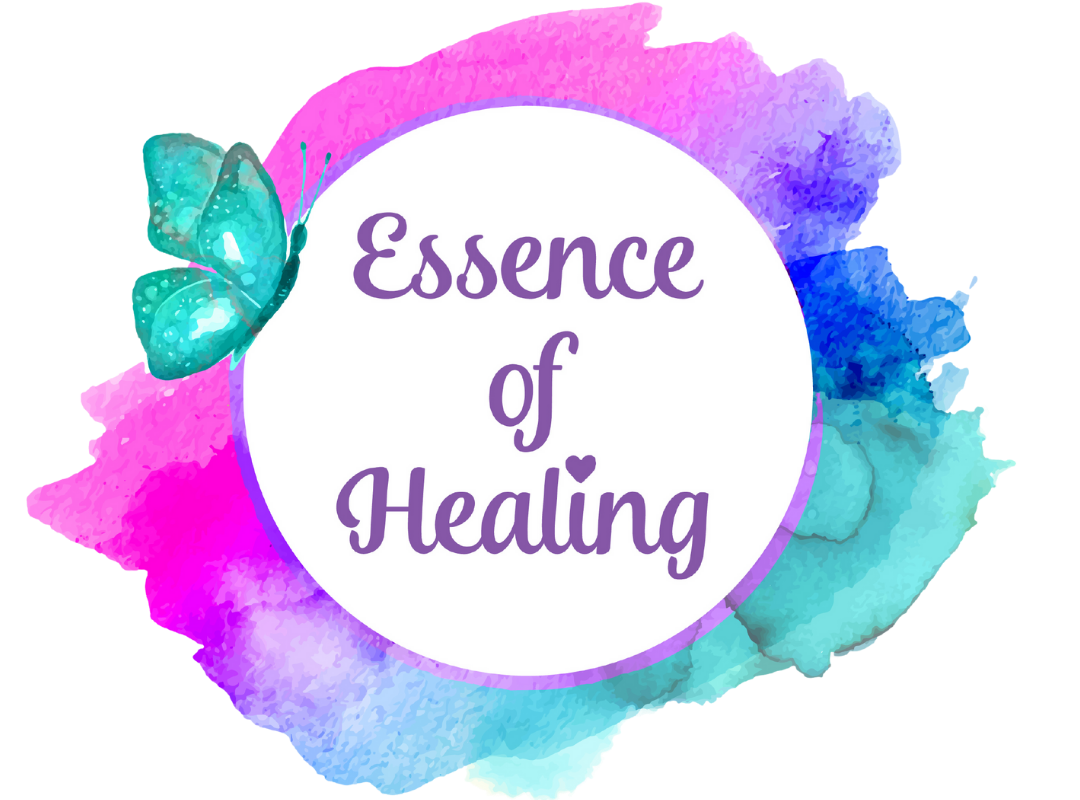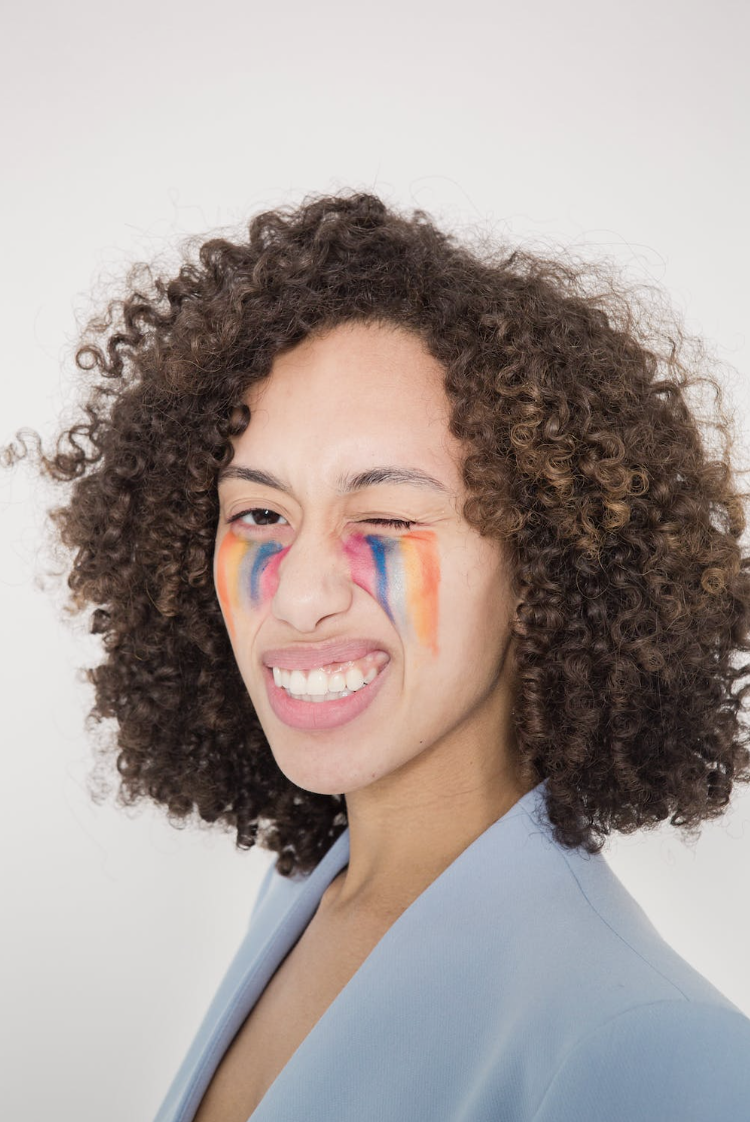Hot Take: Imposter Syndrome is Sometimes Just Racism
When you’re in a period of academic or professional development, you may have many goals lined up in front of you that you’re eager to achieve. You’re on the grind, putting in the time, learning, and action needed to get a seat at the table working in your industry of choice. You’re ready to tap into Shirley Chisholm’s unbossed spirit and bring a folding chair to the table if you don’t get a seat.
But what happens when you sit at the table and feel like you’re taking up space you didn’t earn?
Despite having a firsthand experience of all you had to accomplish to make it in the face of all the odds historically stacked against you and folx like you, you suddenly become your biggest hater. Starting your new position has you trippin’, questioning whether you’re good, capable, and smart enough. In essence, you begin feeling like a fraud who’s finessed their way into the workplace or academic space…and you may even become paranoid that you’ll soon be exposed.
Society refers to this predicament as “imposter syndrome,” but let’s keep it real. Could the imposter syndrome narrative be a way of ignoring the effects of systemic racism on mental health and performance for oppressed folx? At Essence of Healing, I see that you may feel lost, masking your true self to fit in spaces the world demands you be in. You don’t have to do this! By committing to yourself and becoming the most authentic you there can be, you’ll be able to confidently bring your best self into every space you enter. You’ll be able to stand ten toes down on the fact that feeling like an imposter or outsider isn’t a mental battle you created for yourself—it just might be the outcome of intentional exclusion and racism.
Keepin’ It Real About Imposter Syndrome
To some, imposter syndrome may kinda sound like catfishing. You could look at it that way. In a sense, you begin feeling like you catfished your application or resume to get the position. This term was coined by psychologists Dr. Pauline R. Clance and Dr. Suzanne A. Imes in 1978 in a study focused on high-achieving women. They wrote, “despite outstanding academic and professional accomplishments, women who experience the imposter phenomenon persist in believing that they are really not bright and have fooled anyone who thinks otherwise.”
What’s Problematic About This Concept?
The concept of imposter syndrome takes on a somewhat universal experience of second-guessing, discomfort, insecurity, anxiety, and stress, ignoring classism, systemic racism, and any other -ism you can think of. Kinda ironic in an unfortunate way considering this experience is more prevalent in women, gender minorities, and individuals who identify as BIPOC and LGBTQIA+. It’s posed as a problem that individuals have and are responsible for fixing. In reality, it’s a problem that stems from racism and bias in academia and corporate systems designed to make non-white folx feel like outsiders.
Even when these individuals demonstrate resilience, ambition, strength, confidence, and more, the constant run-ins with microaggressions, stereotypes, and racism can push them and impede mental health for people of color.
Disregarding your talents, skills, and hard work and fearing you’ll be exposed can ultimately result in:
Over-preparation to look more impressive
Procrastination and panicking about procrastination
The belief that everyone judges and harshly evaluates you
The desire to flee from the situation you fear
Avoiding or ghosting people who remind you of the situation
This mental and behavioral anguish that society would rather hold you accountable for than confront racism head-on can roll up with a crew of persistent physical reactions, typically related to anxiety, such as:
Shallow breathing
Increased heart rate
Muscle tension
Sweaty palms
Sleeping troubles
Hypervigilance
Recognize That You’re Not at Fault for How You Feel
When folx from marginalized backgrounds try to uphold themselves to traditional academic and corporate standards of “professionalism” (i absolutely despise this word), they can be consumed by the pressure to excel. And let’s be hella real…these folx aren’t really expected to be able to meet white, heteronormative, and masculine corporate standards of professionalism, anyway. ‘Cause when these individuals get called ‘unprofessional,’ that might be the corporate system’s way to justify hating on them and:
The way they dress
How they speak
How they wear their hair
Their tattoos or piercings
the list goes on and on…
Feeling like a judged, misunderstood, and unwelcomed fraud just taking up space, may lead to one overcompensating, holding themselves to unrealistically high standards, and feigning perfectionism, thinking it’s a sign of weakness to make mistakes or ask for help. The belief that you are not good enough and everyone will find out if they don’t know already can ultimately lead a person to burnout. And the toll burnout takes on mental health and performance can prevent an individual from showing their best self and giving their all to their work.
It’s not a good feeling, but it’s a real one just the same. Remember though, it’s not your fault. You don’t need fixing. Environments and Systems need fixing. Academic and corporate (work) spaces must become more welcoming, accepting, and willing to learn from individuals of diverse racial, ethnic, and gender identities.
You’re Not an Imposter, You’re in Need of Healing
At Essence of Healing, you can discuss and explore what feels problematic for you in your life and what works for you and feels good. You’re invited to a safe space where you get to prioritize yourself without worrying if you’re failing (or even succeeding) at playing a role society assigned to you. You get to learn more about your authentic self and embrace whoever that is.
You also get to learn who your authentic self isn’t. Maybe your authentic self doesn’t match that image of the strong Black woman that the world picks and chooses when to admire and when to ignore. And maybe it shouldn’t. Hell, maybe you never even asked to be everyone’s resilient, success-driven ‘work mama’ or ‘auntie.’ The value of your true self-worth shouldn’t be and doesn’t have to be measured by how devoted you are to your workplace and everyone else around you. It doesn’t have to be defined by academic or work/career achievements or how many extra hours you put in. Let’s be real…them extra hours most likely ain’t “life goals.”
Exploring What the Essence of Healing Means for You
In therapy, we’ll do important work to overcome pressure, fear of failure, and anything else that stops you from healing or feeling empowered. I’ll support you as you allow yourself to be as vulnerable as you’re comfortable with and reflect and discover what you need to feel like your true self in the workplace and other spaces you enter. Do you need acceptance? Respect? Acknowledgment? There’s no wrong answer, and it’s okay to need these things. After all, what good is having a seat at the table if nobody’s listening to you, including you in conversations, or respecting your ideas and contributions?
Learn to Get in Tune With the Essence of You
Whenever you feel like an unskilled, undeserving imposter, take a moment to recognize your talents, hard work, and achievements. You’re allowed to celebrate wins. You’re allowed to reflect on where you come from and what you’ve been through, and you’re allowed to recognize (and be proud) that you’re dope af.
You can still be dope af even though you get frustrated with your responsibilities from time to time. Even though you might have wanted to give up in the past. Even if you have to ask for help sometimes. Even if it takes you a while before you get started. Lean toward gratitude for the power that can be present in vulnerability, humility, and patience. Lean toward embracing growth and being open-minded and compassionate when it comes to yourself, while celebrating that you’ve got it like that.
Be proud as hell of yourself. Be proud as hell of what you’ve accomplished despite, because of, and within all you’ve experienced. Celebrate yourself for being who you really are. And with time, dedication to yourself, compassion for yourself, vulnerability, humility, and emotional support, you’ll see who you are. Who you really are isn’t the imposter that racism lies and tells you you are.
-From one dope af being to another!




